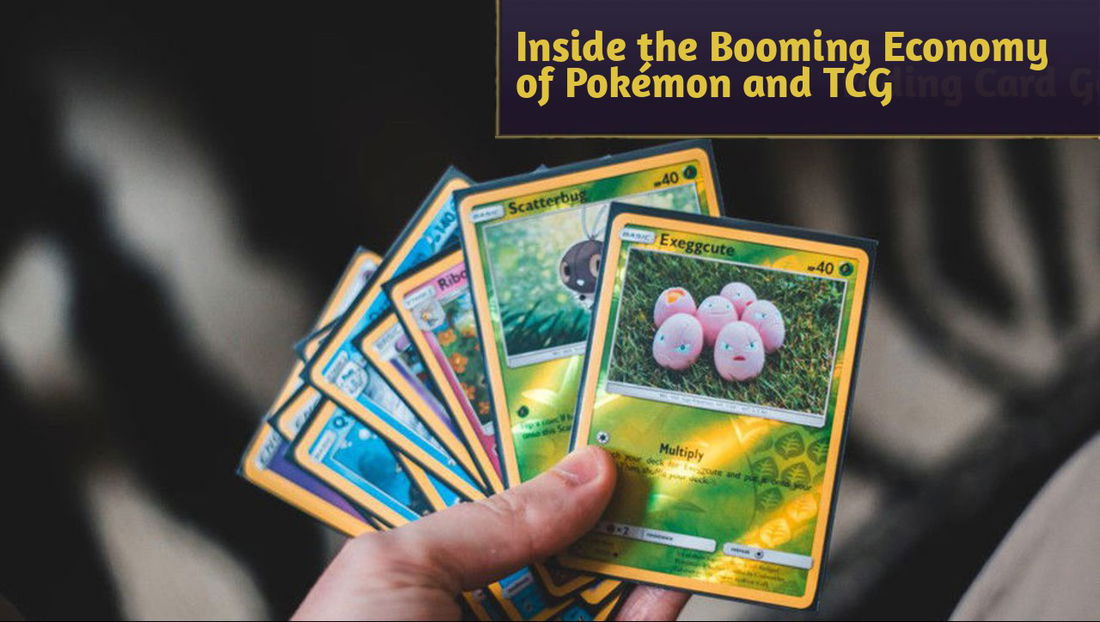If you've played a video game in the last decade, chances are you've encountered loot boxes, even if you didn't know what they were called. These digital grab bags have become a massive revenue stream for game developers but have also sparked heated debates among players, parents, and regulators worldwide. While traditional gambling on sites like xon bet casino online is straightforward about its nature, loot boxes occupy a more ambiguous space. For New Zealand gamers and those interested in the intersection of gaming and gambling mechanics, understanding these virtual containers is increasingly important. They've transformed how games make money, how players progress, and have even influenced gambling regulations in several countries. Let's unpack what these digital mystery boxes really are and why they matter.
Loot Boxes Explained: The Basics
Loot boxes explained simply are virtual items in video games that contain randomized rewards. Players can typically earn these boxes through gameplay or purchase them with real money. When opened, they provide random in-game items that vary in rarity and value – similar to opening a pack of trading cards without knowing what's inside.
The business model behind loot boxes revolves around microtransactions – small, repeated purchases that individually cost little but can add up substantially. This model has proven incredibly profitable for publishers, with some games generating billions in revenue primarily through these mechanisms.
What makes loot boxes particularly effective is their psychological appeal. The moment of opening a box creates anticipation and excitement, while the random nature of rewards triggers the same neurological responses associated with other forms of gambling. The thrill of potentially getting a rare item keeps players coming back for more, even after multiple disappointing outcomes.
Types of Loot Box Systems
Loot box systems vary widely across different games and platforms. Here's how they typically appear:
| Type | Description | Common Examples | Typical Cost |
|---|---|---|---|
| Cosmetic Only | Contain items that change appearance but don't affect gameplay | Character skins, emotes, decorations | $1-$3 per box |
| Pay-to-Win | Contain items that provide gameplay advantages | Powerful weapons, character upgrades | $2-$10 per box |
| Battle Pass | Timed progression system with randomized rewards | Seasonal content with multiple tiers | $10-$15 per season |
| Gacha Systems | Character/item collection through randomized pulls | Character unlocks in mobile games | $1-$5 per pull |
| Card Packs | Digital card collections with varying rarities | Sports games, digital card games | $1-$5 per pack |
The type of loot box system significantly impacts how players perceive it. Cosmetic-only systems typically generate less controversy, while those offering competitive advantages often face stronger criticism from gaming communities.
Gacha Games Meaning and Popularity
The term "gacha games meaning" refers to a specific type of loot box mechanic popularized in Japanese mobile games before spreading globally. The name comes from "gachapon" vending machines in Japan that dispense random toys in capsules.
In gacha games, players use in-game currency (often purchasable with real money) to "pull" or summon random characters or items. These games typically feature:
● Collection mechanics with hundreds of obtainable characters/items,
● Tiered rarity systems (common, rare, super rare, ultra rare),
Ad
● Limited-time events with exclusive items,
● Social elements that encourage showing off rare acquisitions,
● Complex probability systems with extremely low rates for top-tier items.
Gacha games have become particularly popular in Asian markets before gaining traction worldwide. Titles like Genshin Impact have successfully brought this model to global audiences, generating billions in revenue through these mechanics.
What makes gacha systems particularly effective is their combination of collection completion psychology with the excitement of random rewards. Players develop emotional connections to characters they want to collect, driving continued spending despite low probability rates.
Loot Box Controversy: The Ethical Debate
The loot box controversy has grown alongside their proliferation in gaming. Critics raise several key concerns:
1. They potentially normalize gambling behaviors, especially for younger players.
Ad
2. They often lack transparency about actual odds of receiving valuable item.
3. They can lead to excessive spending through psychological manipulation.
4. They sometimes create pay-to-win dynamics that disadvantage non-paying players.
5. They may exploit vulnerable individuals with tendencies toward addiction.
Defenders of loot box systems argue they're voluntary, provide ongoing revenue for free games, and are simply a modern extension of collectible card games or blind bag toys that have existed for decades.
Are Loot Boxes Gambling? The Legal Question
Are loot boxes gambling? This question continues to challenge regulators worldwide, including in New Zealand. The answer depends on several factors:
● Do the items obtained have real-world monetary value?
Ad
● Can players cash out or trade items for real money?
● Are the probabilities clearly disclosed to players?
● Are there elements of skill involved, or is it purely chance-based?
● Are there protections in place for vulnerable users, particularly minors?
From a psychological perspective, loot boxes share key characteristics with traditional gambling: variable rewards, the element of chance, investment of money, and the potential for continued spending in pursuit of desired outcomes.
However, from a legal standpoint, many jurisdictions have not officially classified them as gambling because the rewards typically can't be officially cashed out for real-world value (though unofficial secondary markets often exist).
Making Informed Choices About Loot Boxes
Whether you're a gamer who enjoys the occasional loot box or a concerned parent, understanding these systems helps you make better decisions about engagement with these mechanics. Consider setting spending limits before playing games with loot box features, just as you would when enjoying traditional gambling entertainment. Research games before playing to understand their monetization systems, and consider supporting titles that provide transparent odds and fair progression systems.
Ad
As the line between gaming and gambling continues to blur, staying informed about these mechanics helps ensure your entertainment remains enjoyable without unexpected consequences. Whether you're spinning slots or opening loot boxes, understanding the systems at work is always your best protection against potential harm.






— Comentarios
0Se el primero en comentar